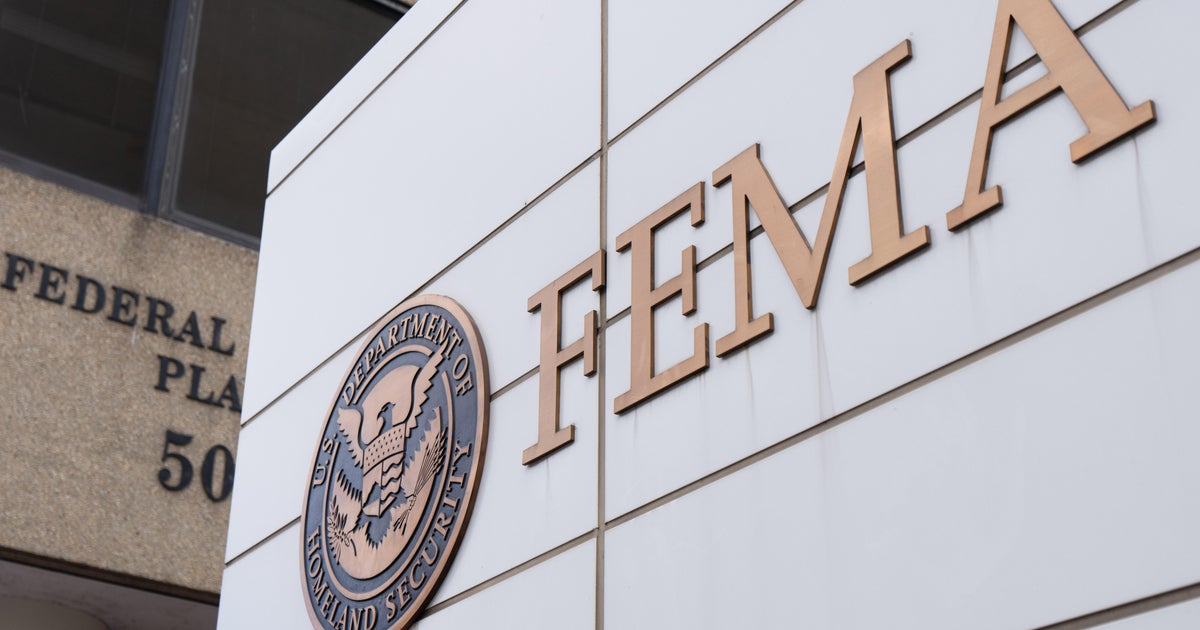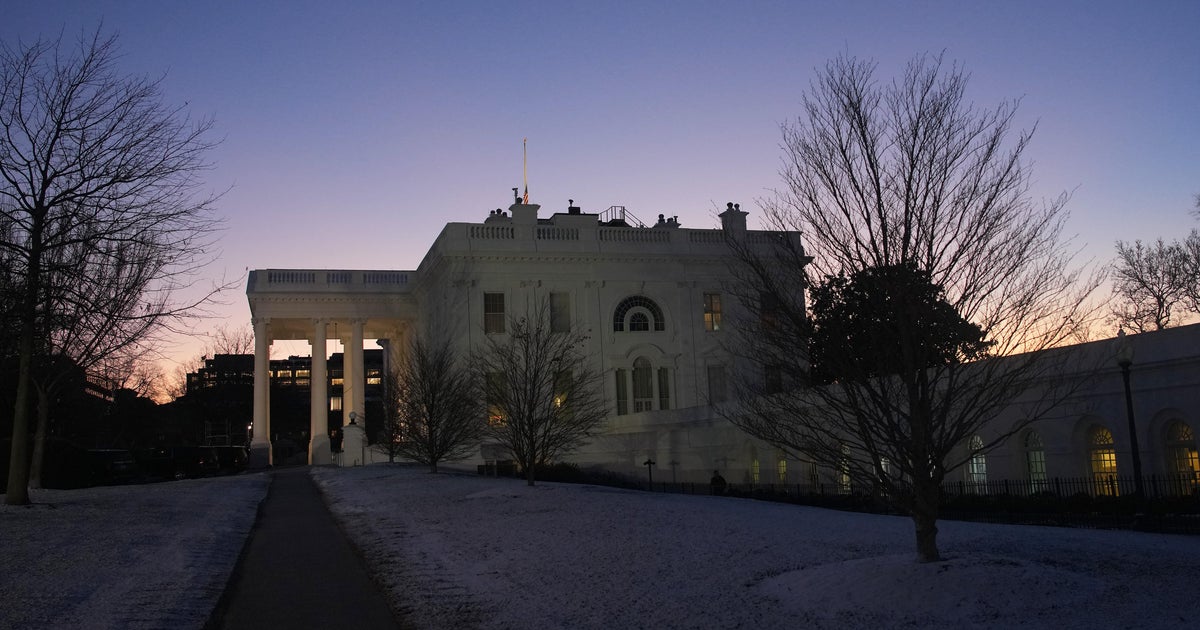Rick Perry calls fallen soldiers phone call controversy "asinine"
For more of the interview with Energy Secretary Rick Perry, watch CBSN or listen to "The Takeout" podcast Friday.
Energy Secretary Rick Perry thinks the controversy begun by President Trump over the treatment of the families of fallen soldiers is "asinine" and a "waste of time."
"It even boils down to splitting hairs finer than that - did they actually sign the letter or did they autopen it?" Perry told CBS News' Major Garrett and Steve Chaggaris on "The Takeout," when asked if presidents should call, write or visit families of the fallen. "I mean that's how asinine I will suggest to you this whole thing is from my perspective. The presidents of the United States each have a love for this country. They have a love for the young men and women who serve and the families who have lost them. I think anyone who questions that -- now do they handle it differently? Yes, and that's okay."
The controversy began when President Trump was asked Monday about the deaths of U.S. troops in Niger and he responded with an apparent criticism of his predecessors: "Obama and other presidents, most of them didn't make calls, a lot of them didn't make calls."
Then, according to Rep. Frederica Wilson, D-Florida, when Mr. Trump did call, he told the widow of a soldier killed in Niger that he "knew what he was getting into," and noted that "it still hurts." The widow of Army Sgt. La David Johnson, Myeshia Johnson, was en route to the airport to greet the remains of her late husband, when she received the call from Mr. Trump, CBS Miami reports. Wilson said she was in the car where the phone call was received. Mr. Trump denied her account was accurate, but Wilson stands by it.
Perry, a former Air Force pilot himself, has his own experience with the calls to Gold Star families, having served as governor during the wars in Iraq and Afghanistan.
"In the state of Texas in the 14 years that I was there, about 10 of those years, I wrote a letter a week to a Texan's family - their spouses, their loved ones, their next of kin - who was lost in the war on terror. I went to funerals. I visited with parents," he recalled. "I wear a bracelet today of a young Texan who was lost in 2010. I talked to his mother on important days."
While he said he didn't know what the president's thought process was in delving into the issue, Perry suggested that all the president meant to say was that every president approaches tragedies like this differently.
"What I will say in defense of what he said - I think he was making reference to - everybody does this differently," Perry said. "I'm going to do this differently than the way I perceive George W. Bush did or the way Barack Obama did." Every leader has a unique way of addressing families -- "They all reach out in their own way," he added.
Overall, though, he thinks that it's pointless to belabor the issue.
"From my perspective," he said, "I know we live in a 24/7 news cycles and to be splitting hairs on how do we mourn, how do you give comfort, I think is a waste of time, frankly."




